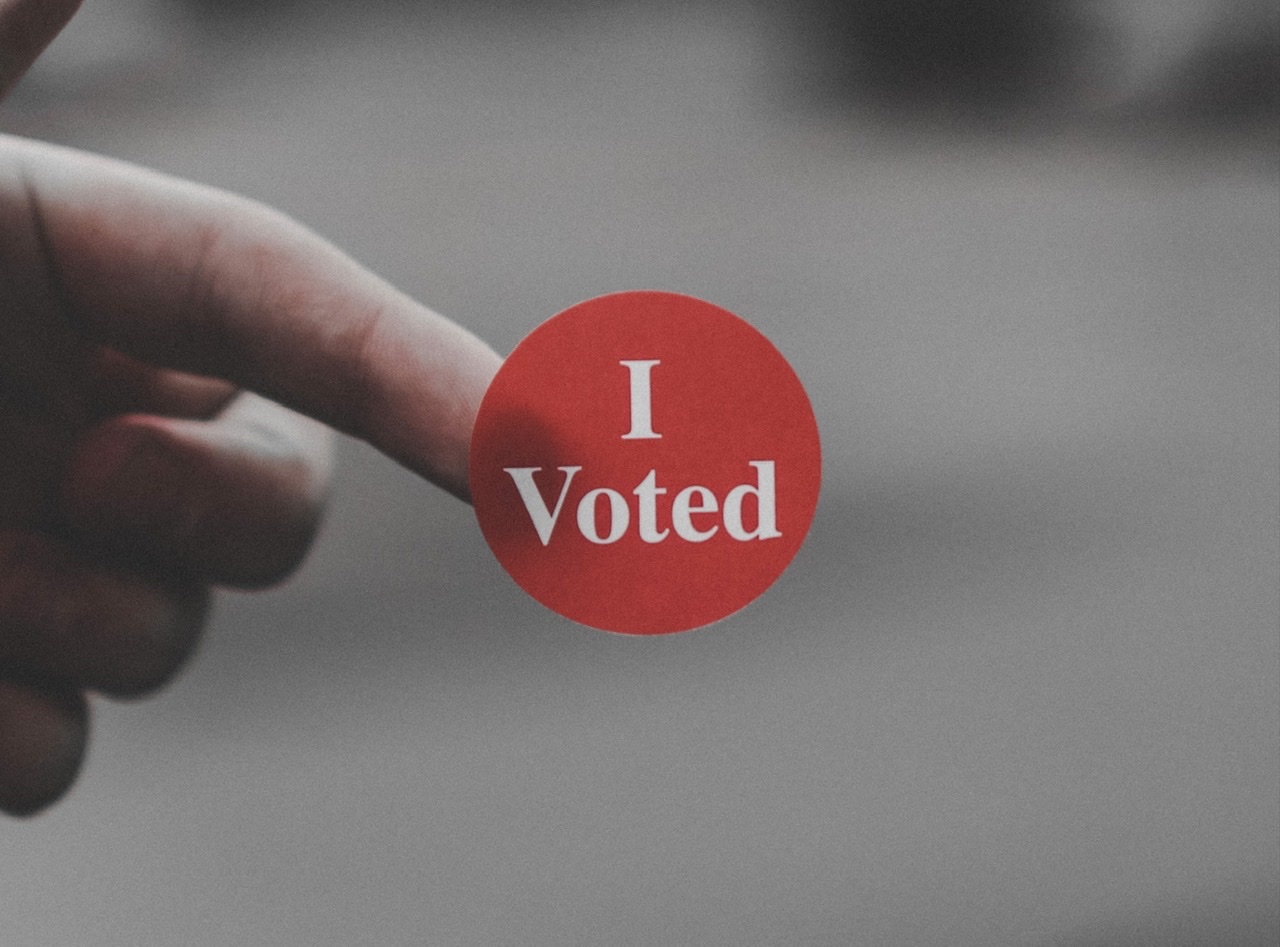Lobby Land. Influencers or influenced?
October 5, 2020
Who lobbies the lobbyists? Not the voting public, not the politicians who are part of the reception and creation of knowledge which is the raison dtre of lobbyists, consultants, public relations firms and government relations officers in the large corporations. Only a few journalists like Michael West, the Grattan Institute and journals like P & I.


Much has been written on lobbyists over the past five years and some thorough research has been done on their numbers in Canberra (mainly) and elsewhere, with 151 lobbyists registered in 1983, rising possibly to 5000 in 2012. No doubt these numbers have increased over the past eight years. And to the actual lobbyist firms we would have to add all kinds of other influence makers, even as diffuse as the broad electorate of voters. More specific in terms of gradation of influence are the four large accountancy/consultancy firms and Macquarie Bank, the various pressure groupsunions and employer bodies, the Australian Minerals Council, the Australian Bankers Association, the Pharmacy Guild, the AMA the main stream media, and so forth. But surely this is what democracy is, or is it?
In any democracy the obvious distinction must be drawn between the actual voters themselves, most of whom engage in no political activity beyond casting their vote, and those who actively engage in political activity to influence policy formation and implementation. The gap it implies has become much wider over the past three decades, helped along considerably by social media which increasingly allows politicians to avoid face to face contact with their potential voters when campaigning. This is yet another indication of the removal of politics from the everyday life in which ideally it should be embedded. Lobbyists have contributed still further to this removal.
Before social media became so dominant attempts to influence government by different kinds of pressure groups were traditionally characterized by the opposition of class interests defined overwhelmingly by access, of lack of it, to wealth and capital. Thereis now another new fundamental opposition: one between those working for sustainability and climate change mitigation, and those who want to maintain the status quo of a carbon fuelled economy. These two do not entirely overlap, but for those concerned about sustainability there is also an added concern to establish economic equity which continues the class basis of the first opposition.
The private lobbying firms would in theory, I assume, be prepared to work for both sets of groups within the respective classes if they received remuneration for it. Some even do pro bono work, and this suggests a level of belief in the veracity of the cause they are representing. But the lobbyists and the influencers still represent a functioning level in democracies that essentially shores up the privileges of the most powerful and financially well off, whose interests they serve and live off.
Not only must they lobby in support of specific pieces of proposed legislation or in weakening existing regulation, they also have a broader task: their very existence constantly reinforces the system that enables them to function. That is, their activity is as much self-regarding as other regarding. It maintains the lobbyist as a distinctive form of political activity as well as maintaining the new political class of elites that also sustains itself as part of the lobbying class. This is above all manifested by the fact that so many politicians on retirement join lobbying firms as do considerable numbers of senior and middle ranked public servants. And it is especially marked in the fossil fuel industries as recently chronicled by Adam Lucas. Existing sets of personal relationships are enhanced and the ethos of influence as money (and power) is carefully cultivated and consolidated.
But with the combination of lobbying firms, the big four accountancy/consultant firms, and the various employer groups we have ended up with the following situation: narrowness against breadth, self-interest against societal influence, and with the country conceived of solely as an economy instead of being appreciated as a social and physical environment within which the economy is embedded. Yet, the lobbying behaviour and the consistent messages these groups present in combination is one constructederroneouslyas contributing to the benefit of the entire society not just to individual groups.
Given the corporatizationthe organizational mode of neoliberalismof most organizations of various sizes, all decision-making power resides at the top level and the majority of employees are largely ignored. That is, within organizations the new social distinction is between the top five percent and all the rest. In order for this to survive as the defining manner of organization in society writ large, it is necessary for it to be constantly reinforced in all forms of media. Lobbyists have been both contributor to and symptom of the financialization of the economy, the dominance of corporatism as the social model for all organizations, with the cultural implications of individualism and self-centrednessto the exclusion of the otherthat flows from this.
The fundamental tension within democratic politics is between the need for elected representatives to represent their electors and the desire of specific groupsnot representative of the electorate as a wholeto influence decision making in their own favour. The important question is the extent to whether the electorate as a whole is being ignored, or whether there are sufficient pressure groups taking up the broader concerns of the electorate to the extent these can be discerned through phone surveys and so forth.
How would the country run if lobbyists were banned and only pressure groups and occupational based organizations and unions were allowed to pester government? Would it necessarily be more democratic in representing the will of the people, to the extent such a thing exists now? Even if not, it is time some very clear guidelines were established on the activities of lobbyists, as suggested by the Grattan Institute, and on who is able to become one, the latter being directed towards politicians who regard lobbying as a career path.
In the final analysis the increasing use of lobbyists and their apparent success in maintaining the governments commitment to fossil fuels over renewable energy demonstrates the contradiction between the ideology of the pure free market on which neoliberalism has been constantly spruiked, and the demonstrated fact that the government intervenes substantially in the economy to favourably assist certain sectors such as mining, infrastructure and gambling. In this sense constant allusion to the efficiency of the market is simply a disguise that neoliberal governments will, under the influence of lobbyists, constantly benefit a few powerful players in the economy.
